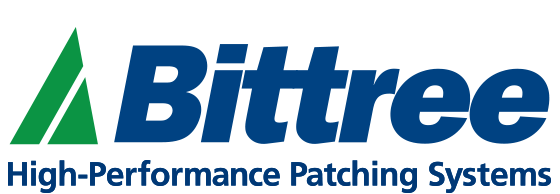Posted in Get Connected

Cat5 e vs cat 6 is a very common question asked by many in computer networking communities. There is understandable confusion about each, and their applications and differences, and which one is better and why. There are even arguments between installers often, each taking their stance as to which is better suited for networking tasks and applications.
Lets start with the main similarity between Cat 5 e and cat 6 cables. The end jack that both of these cables use is called an RJ-45, an industry standard used for many years. The RJ-45 is an ethernet jack that connects directly to a computer, or by the use of a patch panel. The RJ-45 also can connect directly to a modem or router, depending upon the type of installation required. A specialist can help determine which of these options is better suited for your needs.
The cost difference between using Cat 5 e vs cat 6 is roughly anywhere from 10 to 20% higher if you decide to go with a cat 6, even reaching upwards of 30% depending on the type of install performed. In a more industrialized setting, cat 6 is recommended due to its increased durability and rigidity, able to withstand greater pressure from environmental elements and possible rodent interference.
Cat 5 e vs cat 6 cables share similarities in build and construction, both typically using 4 twisted pairs in each cable, incorporating copper wires. Cat 6 cables have reduced crosstalk and system noise. Cat5 cables provide speeds only up to 100 MHz, while Cat 6 cables provide performance speeds up to 250MHz. Cat 5 e cables have a tendency to contain a greater delay and skew than Cat 6 cable. Cat 5 e and Cat 6 cables can both operate 1 Gigabit networks, but Cat 5 e may have an extended delay for the signal to get from one side to the other, giving the appearance that it runs slower.
If you want to discuss the difference between cat 5 e vs cat 6 cables, and how they can improve your workflow in your recording studio, drop us a line at +1 (818) 500-8142 or email us at marketing@bittree.com
We love to talk signal flow!
Subscribe to our newsletter and always be the first to hear about what is happening.
© 2026 Bittree

Jack Field
Author